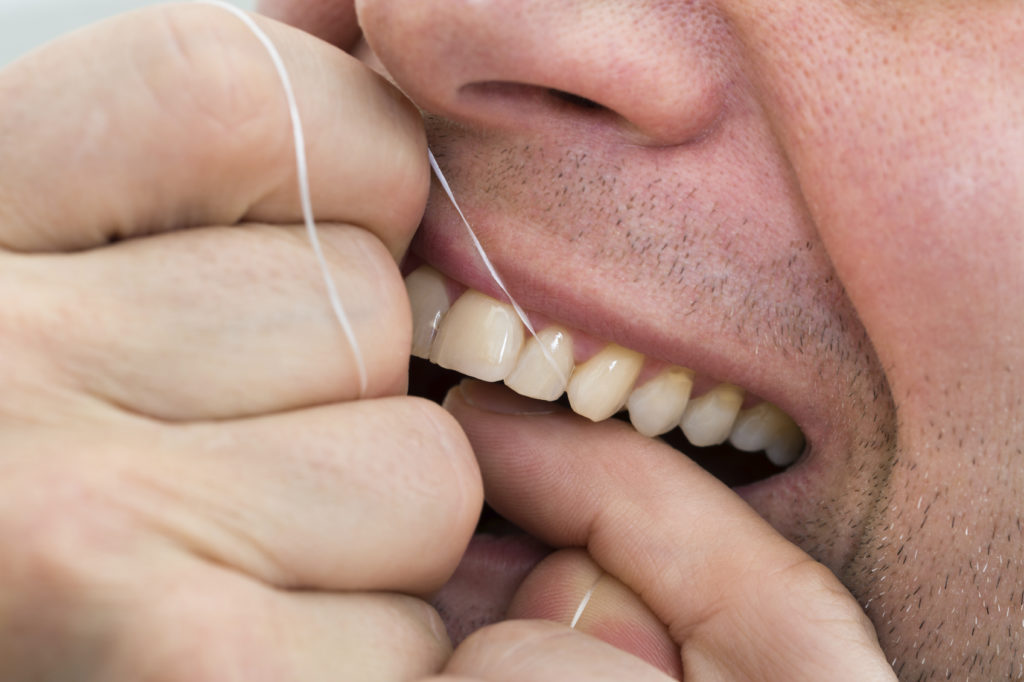In order for your teeth, gums, and oral cavity to remain healthy in your retirement years, you will need to give them some extra attention and care. Older patients tend to suffer higher rates of gum disease, mouth infections, tooth loss and decay, and oral cancer. However, you have significant control over how your mouth ages, including protecting against decay and damage that can require prosthetic dental procedures.
Reducing Wear and Tear
Although your teeth are amazingly strong, they are not indestructible. A lifetime of grinding, gnawing, and crunching can really wear down the protective enamel of your teeth, flattening biting edges. Acidic or erosive food and drinks, such as carbonated beverages and citrus fruits can also dissolve your enamel. Cracks and chips are especially risky as you age, since nerves at the core of your teeth lose sensitivity in the aging process, making it possible for decay and damage to go unnoticed due to a reduced pain stimulus.
How to Care for an Aging Mouth
As a senior, it’s important to pay special attention to the area around the neck of each tooth, just adjacent to the gum line. As your gum tissue naturally recedes as you age, the soft tissue is exposed and needs consistent, gentle brushing. In addition, many older adults grew up before dental sealants, fluoride treatments, and fluoridated oral care products, so old fillings from childhood often break down, causing decay around their edges.
The importance of essential oral care habits, such as brushing and flossing twice a day and regular cleanings in our office, doesn’t change with age. However, you may experience arthritis pain or other disabilities that make it more difficult to perform these tasks. Investing in a power toothbrush can make these vital elements of your day easier to achieve. Additionally, fluoride rinses or gels, as well as varnishes applied in our office, can help protect against tooth root decay.
Finally, with age comes more medications, and many of them can be detrimental to your oral health, causing dry mouth or puffy gums. A consistent oral care routine and regular cleanings can help combat puffy gums caused by calcium-channel blockers for heart disease or anti-seizure medications. Dry mouth, which can be caused by hundreds of medications, can be combated by sucking on sugarless candy or chewing sugarless gum to stimulate saliva production. Dry mouth, also known as xerostomia, can make eating difficult, cause bad breath, and lead to oral irritation and infection. Xerostomia also increases your risk of cavities.
Your retirement years can be some of the best years of your life, but declining oral health can put a damper on your experience. However, with proper oral hygiene and regular cleanings from River Valley Smiles, your retirement years will be a time to look forward to. For more information on how to care for your oral health as you near retirement, contact our office at 479-646-0706.


